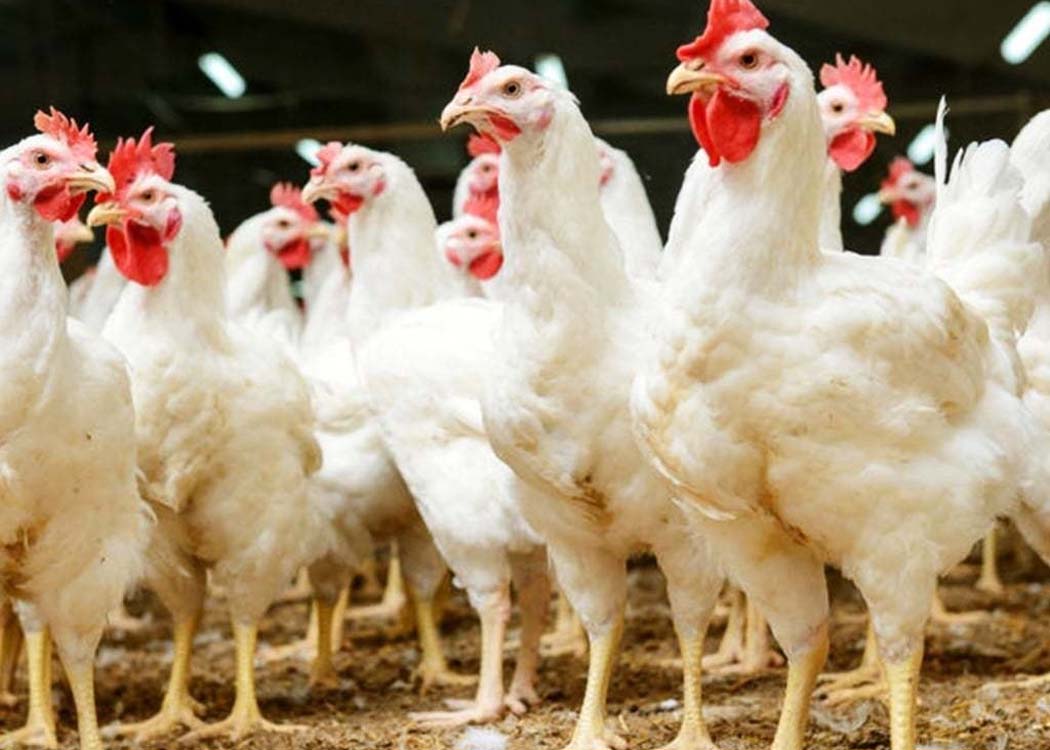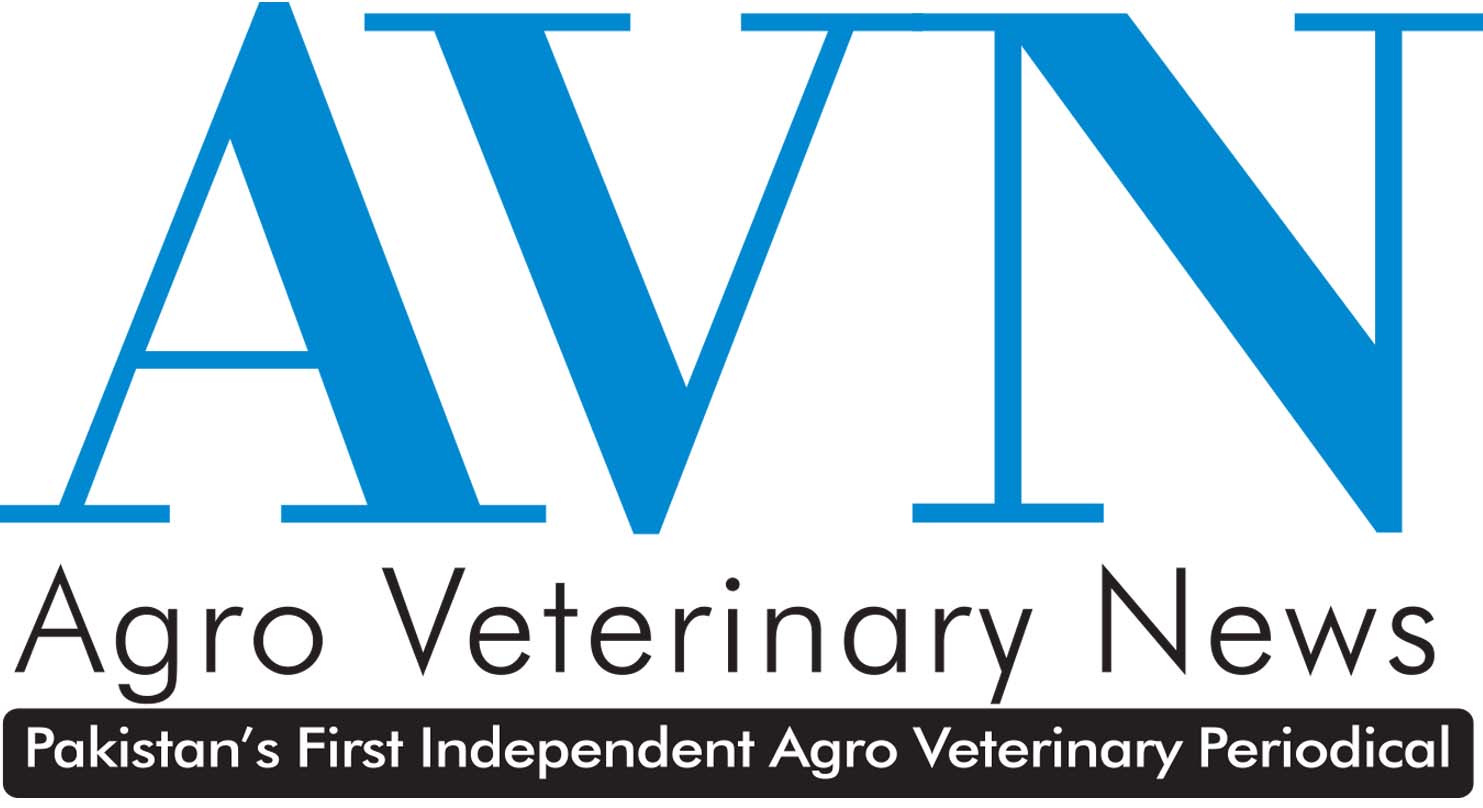In response to rising cases of highly pathogenic avian influenza, England enforces new housing rules for bird keepers to prevent further spread of infection among poultry and wild birds.
LONDON: England has announced new bird flu housing measures to protect poultry and captive birds amid growing cases of highly pathogenic avian influenza (HPAI) detected in wild and kept birds.
Starting from 00:01 on 30 October 2025, an avian influenza prevention zone (AIPZ) with mandatory housing requirements will be implemented across north, central, and parts of east England, including Cumbria.
The new rules apply to bird keepers with more than 50 birds, as well as those who sell or distribute eggs or poultry products, due to the higher risk of disease transmission through trading activities. These keepers are now required to house their birds indoors to prevent contact with infected wild birds.
However, small-scale or hobby keepers with fewer than 50 birds who do not trade eggs or poultry products are not required to house their birds, though they must continue practicing strict biosecurity measures, such as regular cleaning and disinfection of housing and equipment.
Councillor John Murray, Cabinet Member for Transport and Regulatory Services at Westmorland and Furness Council, emphasized that these steps are crucial for disease control and urged compliance across all levels of poultry keeping.
“These measures are vital to protect birds in England and beyond. Bird keepers should act responsibly by following housing requirements and maintaining strong biosecurity. While the risk to human health remains low, it’s important that everyone, from keepers to local businesses, plays their part in preventing the spread of bird flu,” he stated.
Authorities have reiterated that the risk to human health remains very low, and properly cooked poultry products and eggs remain safe to eat.
The AIPZ continues to apply across Great Britain, requiring all bird keepers—whether with pet birds, small backyard flocks, or large commercial farms—to enhance biosecurity, maintain hygiene, and keep accurate records of bird movements. Members of the public are advised not to touch or move dead wild birds and to report them immediately to the relevant authorities for monitoring and control.






